According to the Department of Planning and Investment, up to now, the province has 55 tourism projects that have been granted Investment Policy Decisions/Investment Registration Certificates (still in effect), with a total registered capital of VND 50,623 billion. Of which, 27 projects have been put into operation with a total registered capital of VND 4,019.5 billion; 18 projects are under construction with a total registered capital of VND 39,935 billion and 10 projects are completing related legal procedures for construction with a total registered capital of VND 6,669 billion. Recently, the Provincial People's Committee has focused on directing the removal of difficulties and obstacles to speed up the progress of tourism projects in the province, and has directed the inspection and handling of slow-progressing projects. However, the implementation momentum of some key tourism projects is still slow, not meeting the set progress requirements.
Comrade Trinh Minh Hoang, Vice Chairman of the Provincial People's Committee chaired the meeting.
Through discussion and clarification, relevant departments, branches and units said that the reason for the slow progress is due to the limited infrastructure conditions and competitiveness in attracting tourists compared to neighboring provinces, affecting the psychology of short-term investment capital of investors; access to loan capital is now more difficult than before, affecting the progress of project implementation of investors. Tourism projects are subject to investors' agreement on compensation and site clearance, not subject to the State's land recovery according to Articles 61 and 62 of the 2013 Land Law. However, compensation and site clearance work faces many difficulties and often takes a long time, the land price that investors must agree to compensate is higher than the original estimate, the law does not stipulate the compulsory recovery of this land in case people do not agree to the agreed unit price. The time to carry out procedures for changing the purpose of using forests and forest land is often long, entangled with many procedures and difficult conditions; Land valuation is currently very difficult and often takes a long time due to the lack of land valuation consultants. The method and approach to land valuation is very complicated and involves many issues, so some consulting units do not participate, affecting the overall progress of the projects. Some projects have been invested by investors from their own capital as registered, but loans are difficult to access because banks have tightened credit on loan sources, and annual land leases are difficult for businesses to mobilize capital. In addition, some investors are not really determined, lack the capacity to implement projects, and have not properly implemented the committed contents; some projects have been granted land use extensions, but project implementation is slow and prolonged. The coordination of agencies and localities in implementing compensation and site clearance; supporting investors in negotiating and accepting the transfer of land use rights is still difficult and prolonged.
Concluding the meeting, the Vice Chairman of the Provincial People's Committee emphasized that in order to successfully implement the province's socio-economic development plan, it is necessary to promptly support investors in removing difficulties and obstacles, speed up the progress of key tourism projects in the province, and resolutely handle projects that are slow due to investors' lack of determination and capacity to implement. He assigned the Department of Planning and Investment to advise the Provincial People's Committee to issue a plan to inspect the investment progress and land use progress of tourism projects. Based on the inspection results, identify difficulties and obstacles, propose the Provincial People's Committee to consider supporting the removal, urge the implementation progress, and resolutely handle projects that are slow in progress according to the provisions of law. Assign departments, branches and localities according to their functions and tasks to review and resolve problems such as: Determining land prices, compensation, site clearance, and conversion of forest land use purposes that are still prolonged and unresolved, affecting the progress of project implementation.
Xuan Nguyen
Source: https://baoninhthuan.com.vn/news/150575p24c32/ubnd-tinh-hop-giai-quyet-kho-khan-vuong-mac-cac-du-an-du-lich.htm


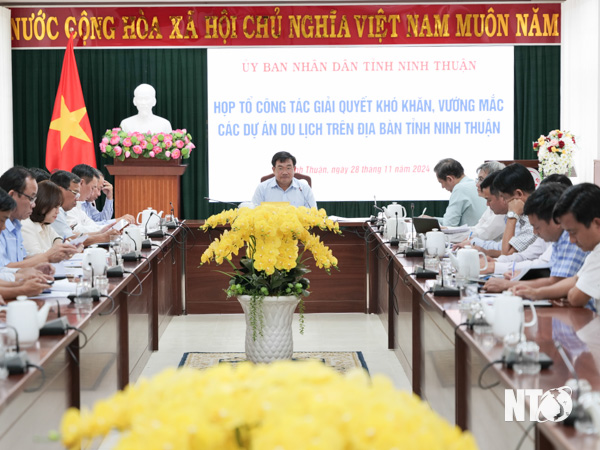

![[Photo] Students of Binh Minh Primary School enjoy the full moon festival, receiving the joys of childhood](https://vphoto.vietnam.vn/thumb/1200x675/vietnam/resource/IMAGE/2025/10/3/8cf8abef22fe4471be400a818912cb85)
![[Photo] Prime Minister Pham Minh Chinh chairs meeting to deploy overcoming consequences of storm No. 10](https://vphoto.vietnam.vn/thumb/1200x675/vietnam/resource/IMAGE/2025/10/3/544f420dcc844463898fcbef46247d16)



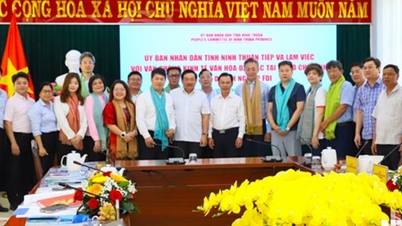
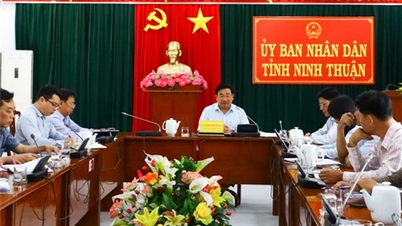


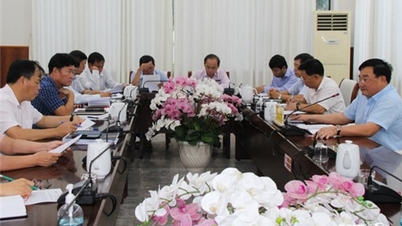
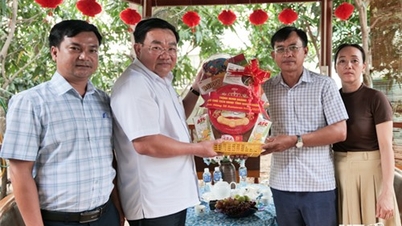
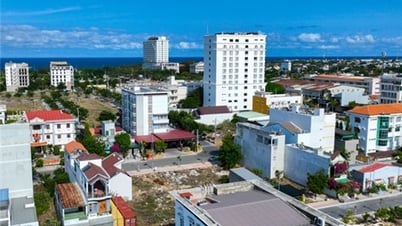


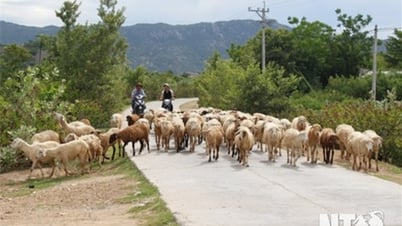
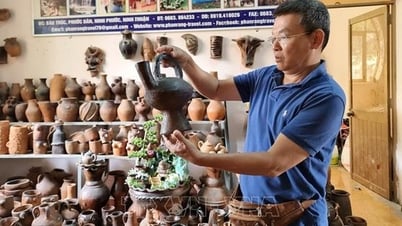

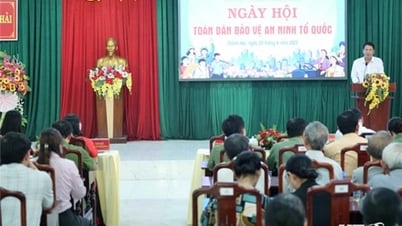
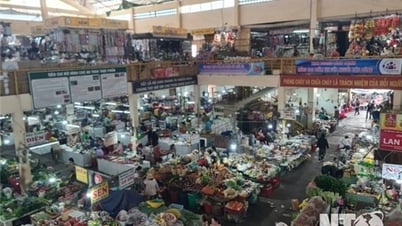




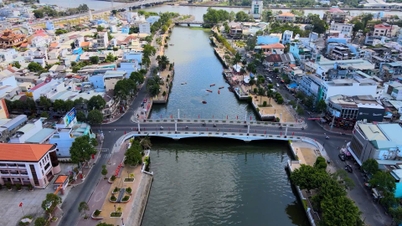
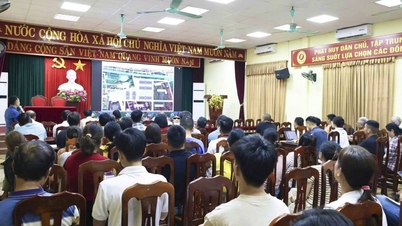
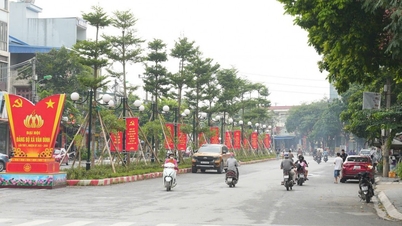
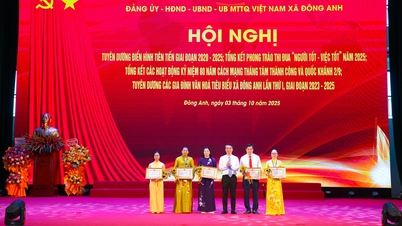

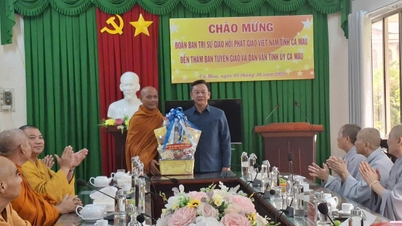

























































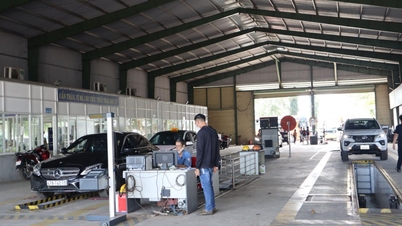


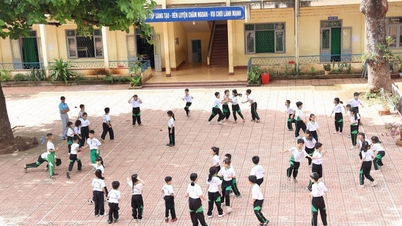











Comment (0)